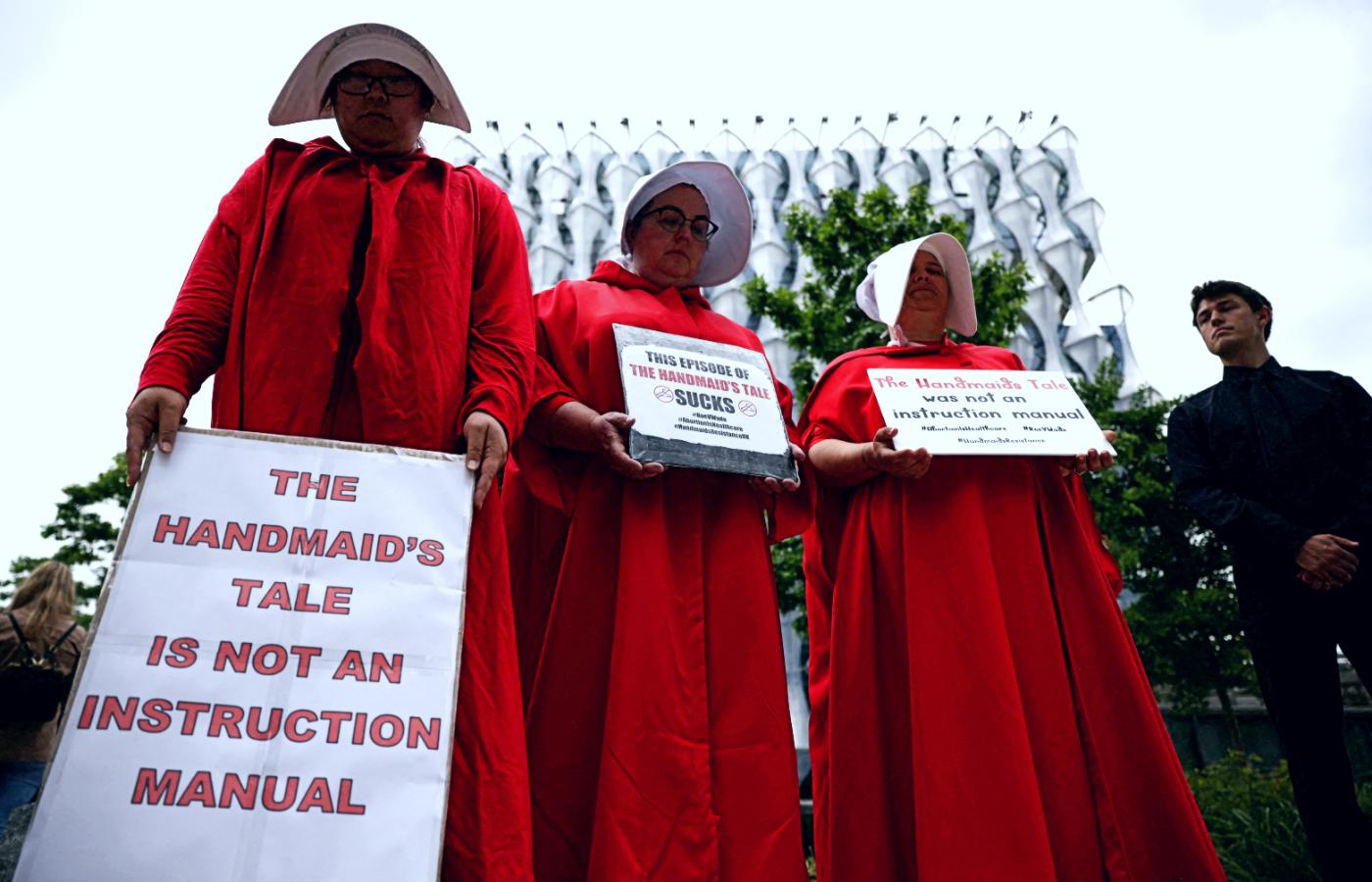Abolition of the Abortion Law and the Rise of Shareholder Democracy
It is clear that the verdict on abortion is related not only to social and legal decisions, but also to individual religious and philosophical beliefs. Thus, it is an issue that cannot be blithely met with standards of approval and opposition. After the ruling by the Supreme Court, the highest judicial institution in the United States and the pinnacle of American democracy, it is inevitable that it will become a social and political issue.
U.S. President Joe Biden announced on July 10 that he was considering the declaration of a public health emergency. The U.S. Public Health Services Act requires that, in the event of an emergency due to serious illness, the secretary of Health and Human Services will declare a public health emergency for 90 days to mobilize resources necessary to respond and to extend that period if necessary. President Biden and members of the Democratic Party said that they had asked health care professionals in government to determine whether he had the power to declare such an emergency and what the real impact would be. They are making clear their intention to ensure that the issue remains on the agenda until the midterm elections in November.
U.S. companies are also drawing attention to the ruling. Major corporations, such as Google, Amazon and Facebook, are actively voicing their opinions and participating in a campaign of opposition.
Until now, businesses have been passive in sending direct messages on socially divisive issues, but potential boycotts could deal a blow to the bottom line.
After the COVID-19 pandemic, corporate executives, customers and investors are demanding that corporations be responsibly engaged in significant social issues. In particular, the so-called Generation MZ*, emerging as the main consumer group, is active in its expectations of corporate social responsibility.
During Russia's invasion of Ukraine in February, large U.S. corporations such as McDonald's and Starbucks actively expressed opposition, announcing, and immediately implementing, their withdrawal from the Russian business sphere. They are also active on the issue of climate change and do not spare money in making donations.
Even with this Supreme Court ruling on Roe v Wade, major companies such as Microsoft, Disney, Apple, Netflix, Uber, Meta and Google are subsidizing travel expenses for employees who need immediate abortion-related treatment, and will pay for relocation from states that do not allow abortion to other states. Duolingo, a multilingual education company, also said it would review decisions around doing business in states that do not allow abortion.
Corporations do not have political power, but they do exert great influence through employment or tax payments. As a result, some say that corporations have become the fourth governing branch of the nation, after the administration, legislature, and judiciary. Influential shareholders are demanding that those businesses have a political voice. Some say that the so-called Shareholder Democracy, reflecting this governing voice, has begun.
The U.S. Supreme Court ruling, which has had a significant impact on women's abortion rights and had been in place for 50 years, may also be remembered as a milestone in terms of corporate intervention and social responsibility.
*Editor's Note: Generation MZ is a South Korean term including millennials and Generation Z, or roughly, those born from the 1980s into the 2010s.


